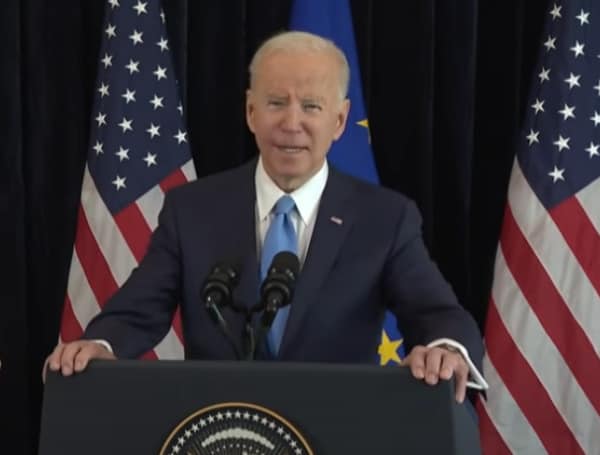Former Obama administration economist Jason Furman took to Twitter Wednesday afternoon to criticize President Joe Biden’s plan for student loan forgiveness.
The White House released an announcement Wednesday declaring that individual borrowers who earned less than $125,000 per year (or $250,000 for married couples) could expect $20,000 dollars of debt relief if they were Pell Grant recipients, or $10,000 if they were not.
Furman, former Chairman of the Council of Economic Advisers under President Obama, argued in a Twitter thread that the policy would lead to a small increase in inflation, but also criticized the plan for encouraging further increases in the cost of education, further borrowing, and for future students to expect debt forgiveness.
“Pouring roughly half trillion dollars of gasoline on the inflationary fire that is already burning is reckless. Doing it while going well beyond one campaign promise ($10K of student loan relief) and breaking another (all proposals paid for) is even worse,” said Furman, “The White House fact sheet has sympathetic examples about a construction worker making $38K and a married nurse making $77,000 a year. But then why design a policy that would provide up to $40,000 to a married couple making $249,000? Why include law and business school students?”
Furman went on to argue that the estimated impact of cancelling about $20,000 in student loans per student would increase inflation by 0.2% to 0.3%, nearly doubling an estimate he made Tuesday evening on Twitter, which in turn cited an estimate by the Committee For A Responsible Federal Budget (CFRB) based on a $10,000 debt cancellation.
Furman argued that his initial estimate and that of the CFRB needed to be increased to reflect the new expected amount of loan forgiveness.
In the news: Red Wave Sweeps School Board Races Across Florida
The CFRB predicted that $10,000 of forgiveness would cost roughly $230 billion, consuming an overwhelming majority of the estimated $275 billion in deficit reduction from the first 10 years of the Inflation Reduction Act.
Furman stressed that while he characterized the impact the policy would have on inflation as a “small” increase, that the cost would have to be passed on to taxpayers either through “higher taxes or lower spending.”
“None of the above says whether student loan relief is a good policy or a bad policy,” Furman said Tuesday evening. “But it does say that you need to think seriously about macroeconomic effects and intertemporal budget constraints. This is not free money.”
Furman’s analysis comes just two days after a Monday poll by CNBC/Momentive, which showed that 59% of Americans had concerns that inflation would be worsened by the forgiveness of student loans. Needs-based loan forgiveness was very popular, however, with 66% of respondents supporting either complete loan forgiveness for all borrowers, or needs-based forgiveness for some borrowers, according to the CNBC poll.
“P.S. I like the reforms to income-driven repayment,” Furman concluded, in reference to the new policy’s plan to cut monthly payments to income-based repayment plans from 10% of the borrower’s discretionary income to 5%. “But I would much rather have seen them passed by Congress as part of a law that fully paid for them rather than done unilaterally and unpaid for in the context of an already extremely expensive package.”
The views and opinions expressed in this commentary are those of the author and do not necessarily reflect the opinion of The Free Press.
Visit Tampafp.com for Politics, Tampa Area Local News, Sports, and National Headlines. Support journalism by clicking here to our GiveSendGo or sign up for our free newsletter by clicking here.
Android Users, Click Here To Download The Free Press App And Never Miss A Story. Follow Us On Facebook Here Or Twitter Here.
Copyright 2022 The Free Press, LLC, tampafp.com. All rights reserved. This material may not be published, broadcast, rewritten, or redistributed.

